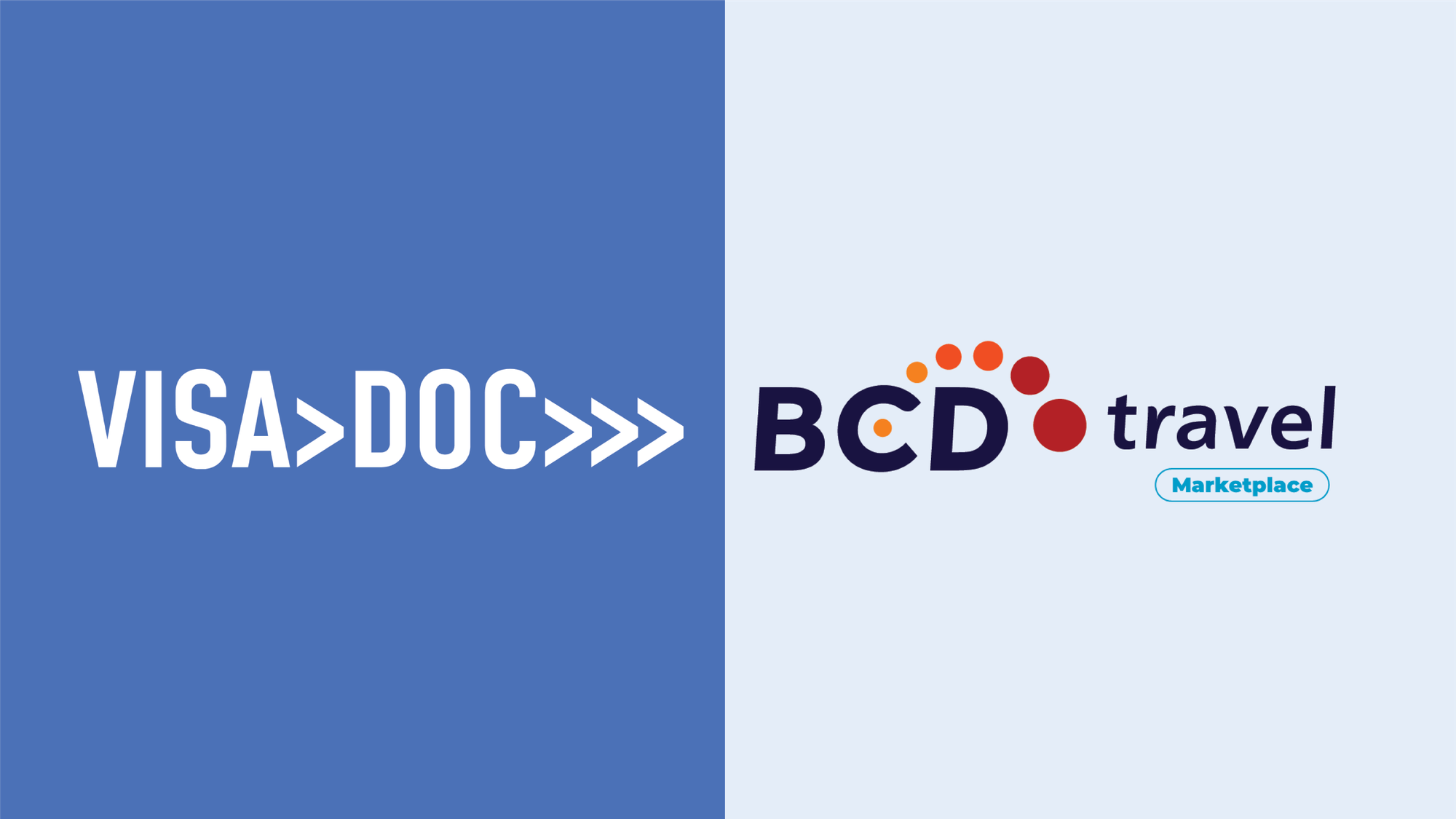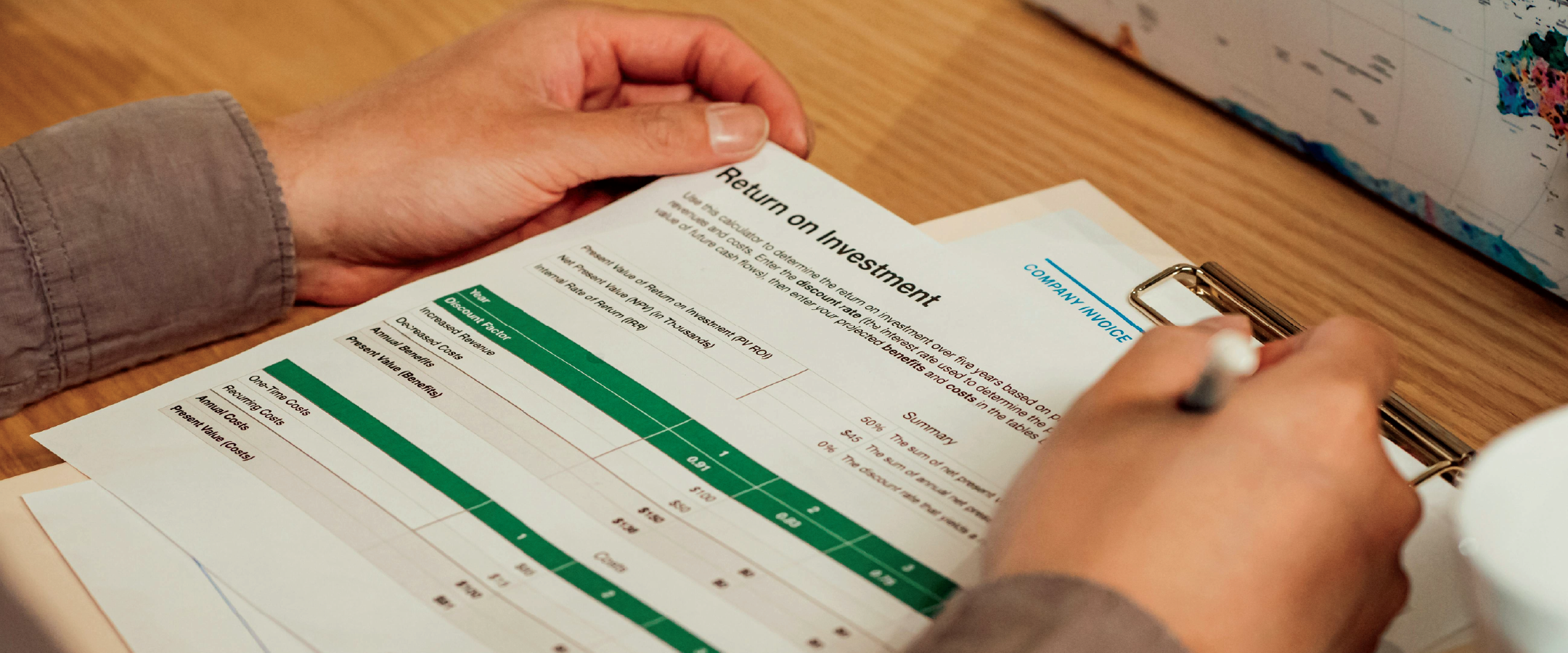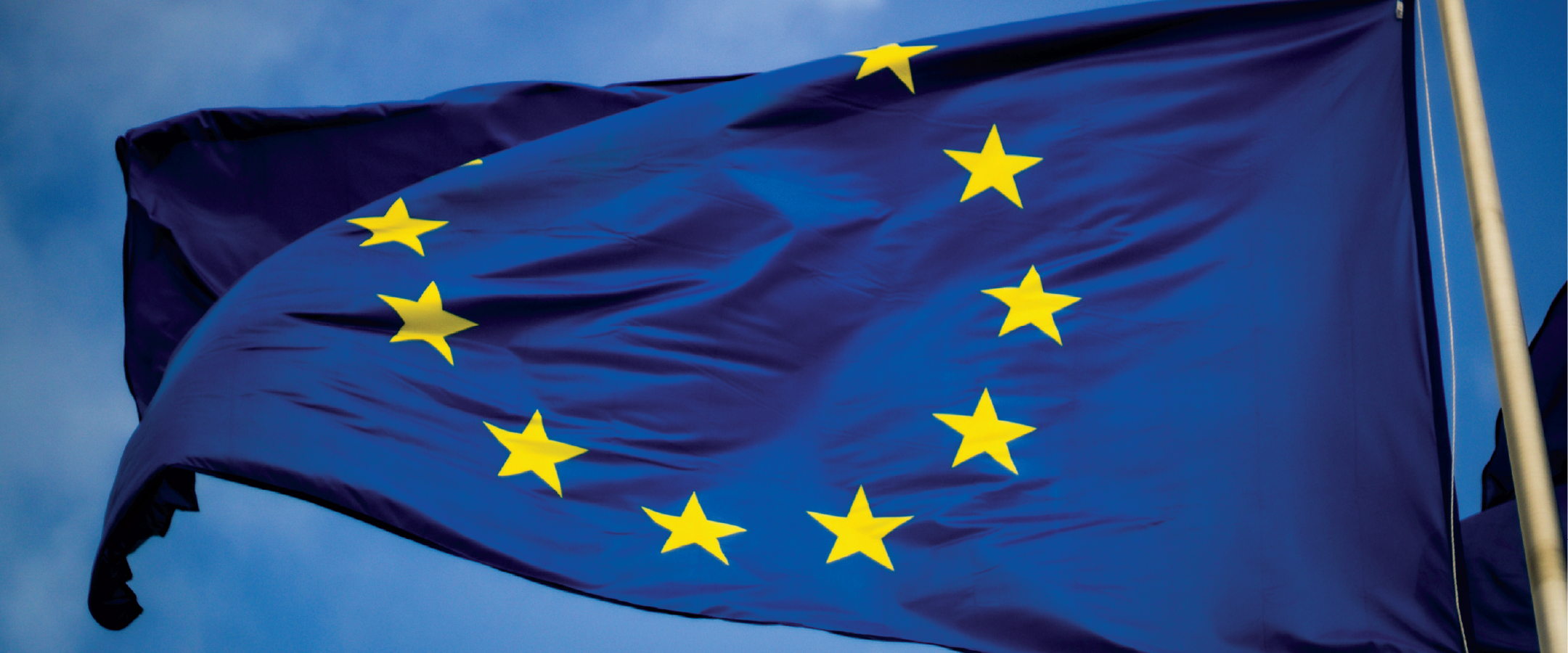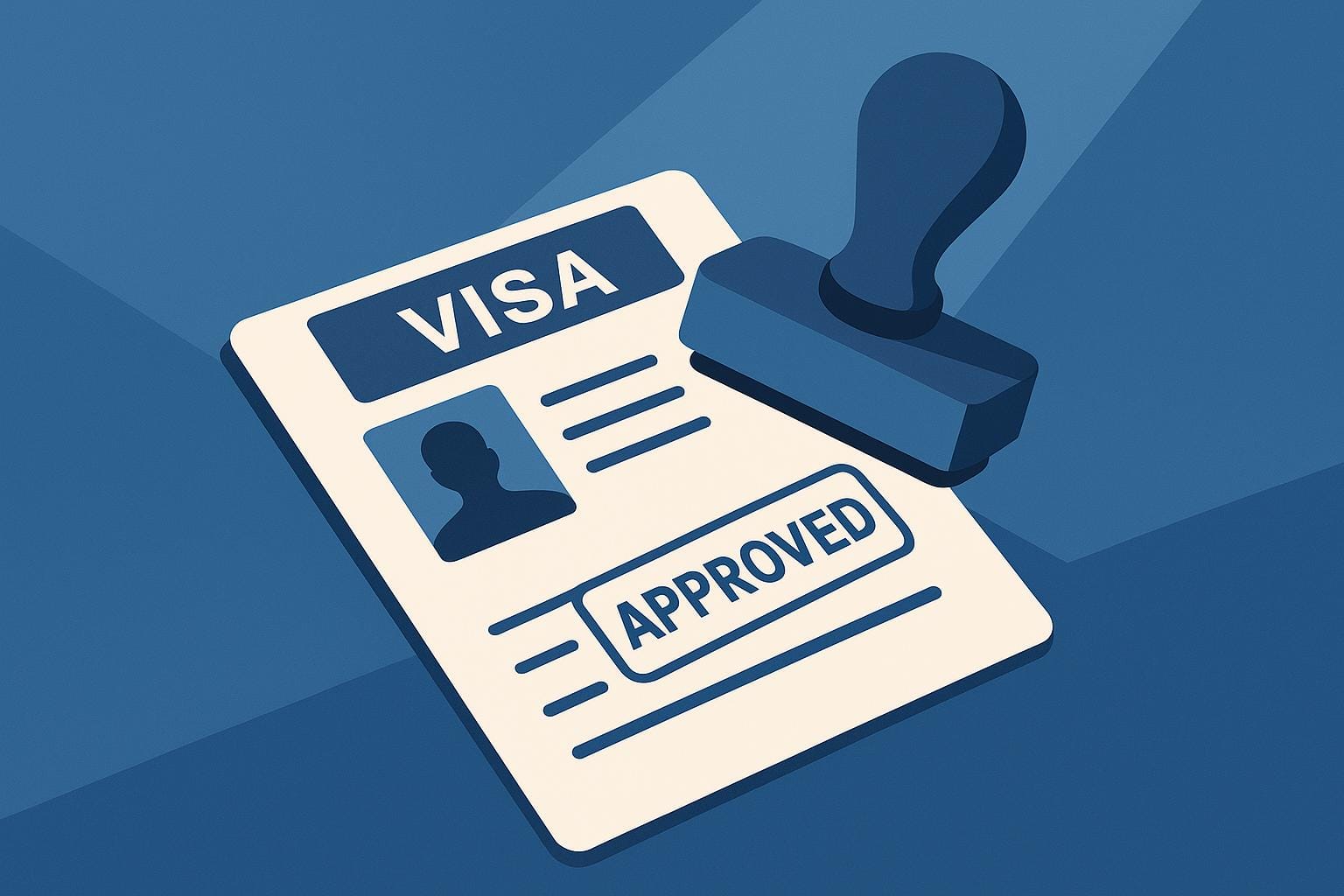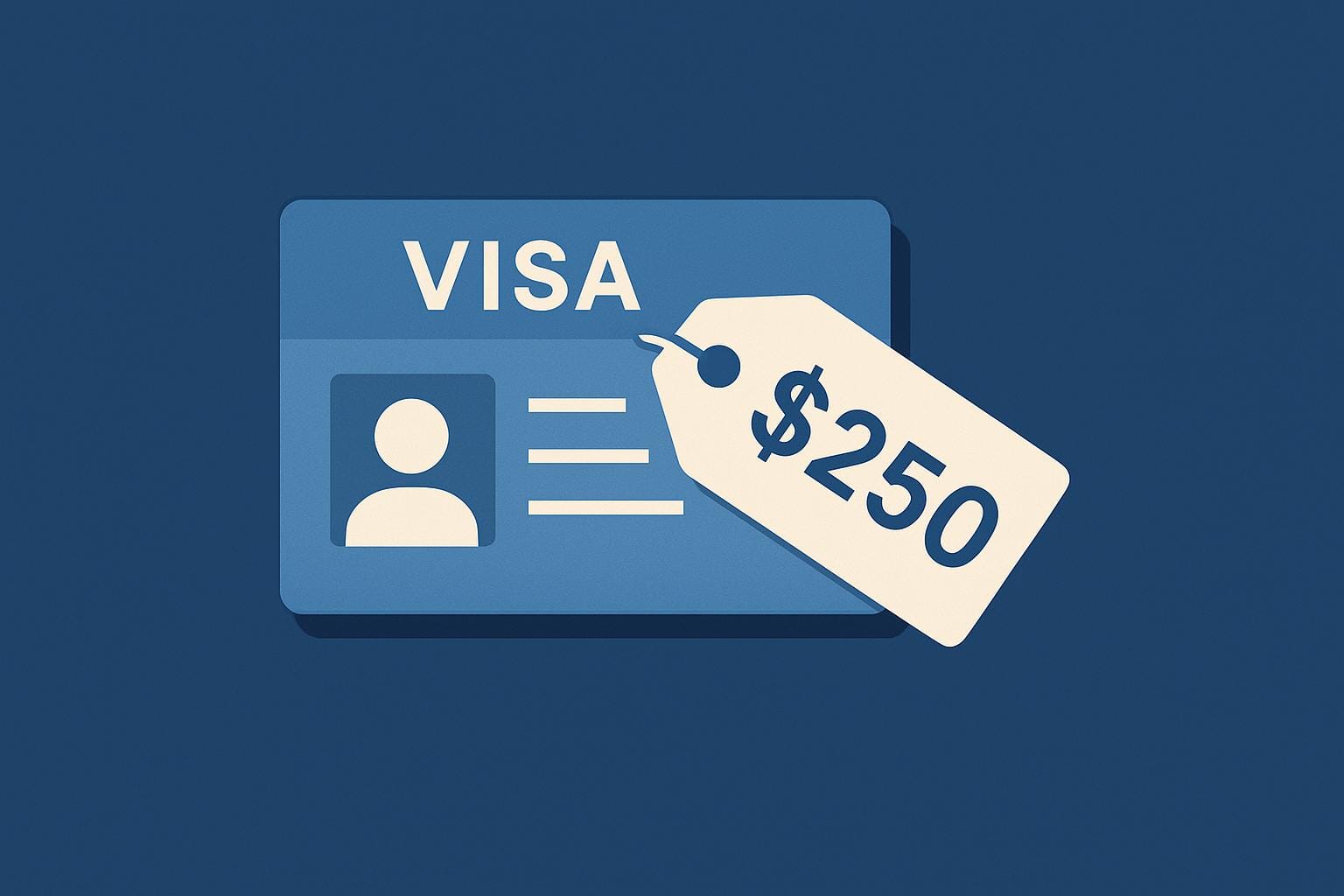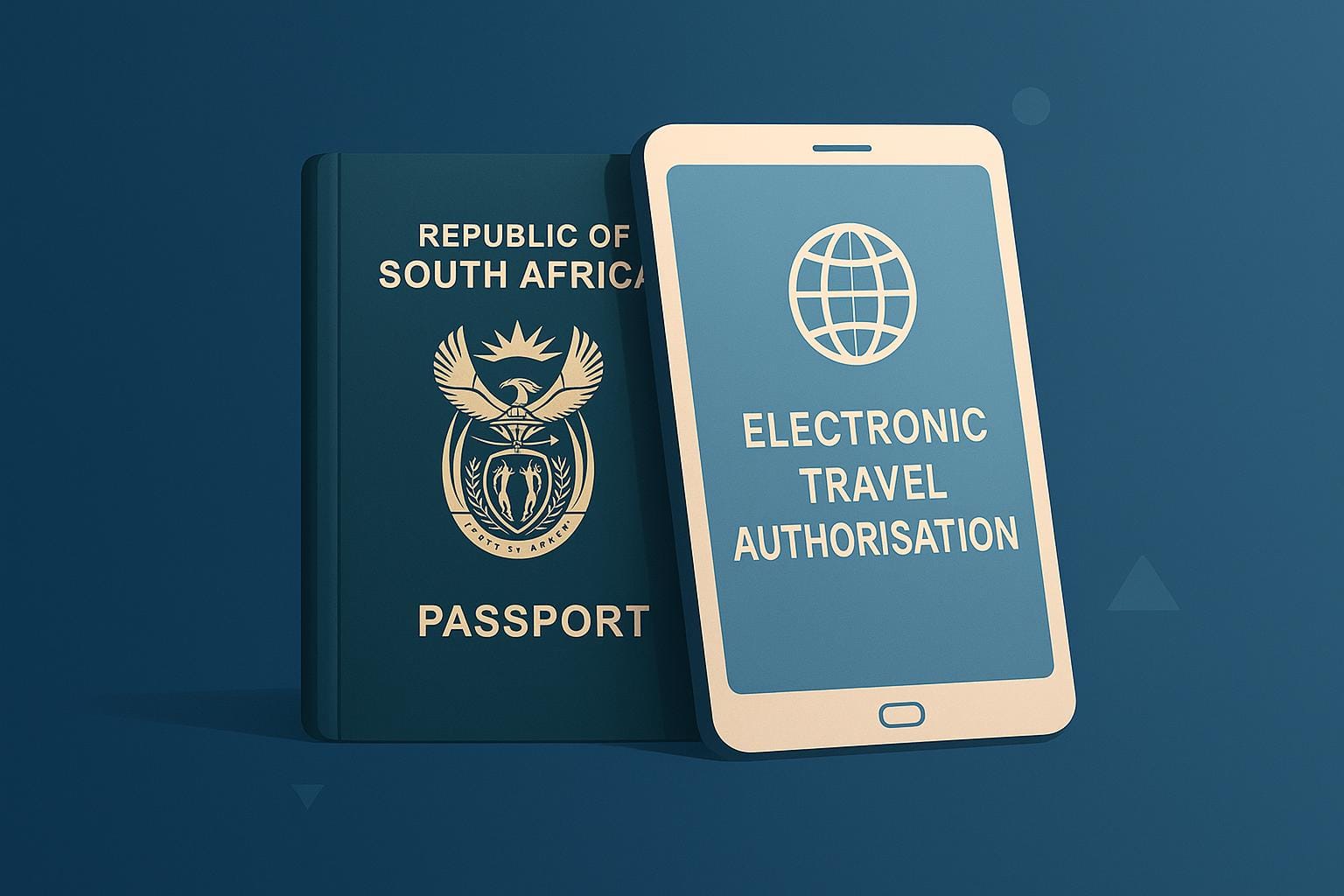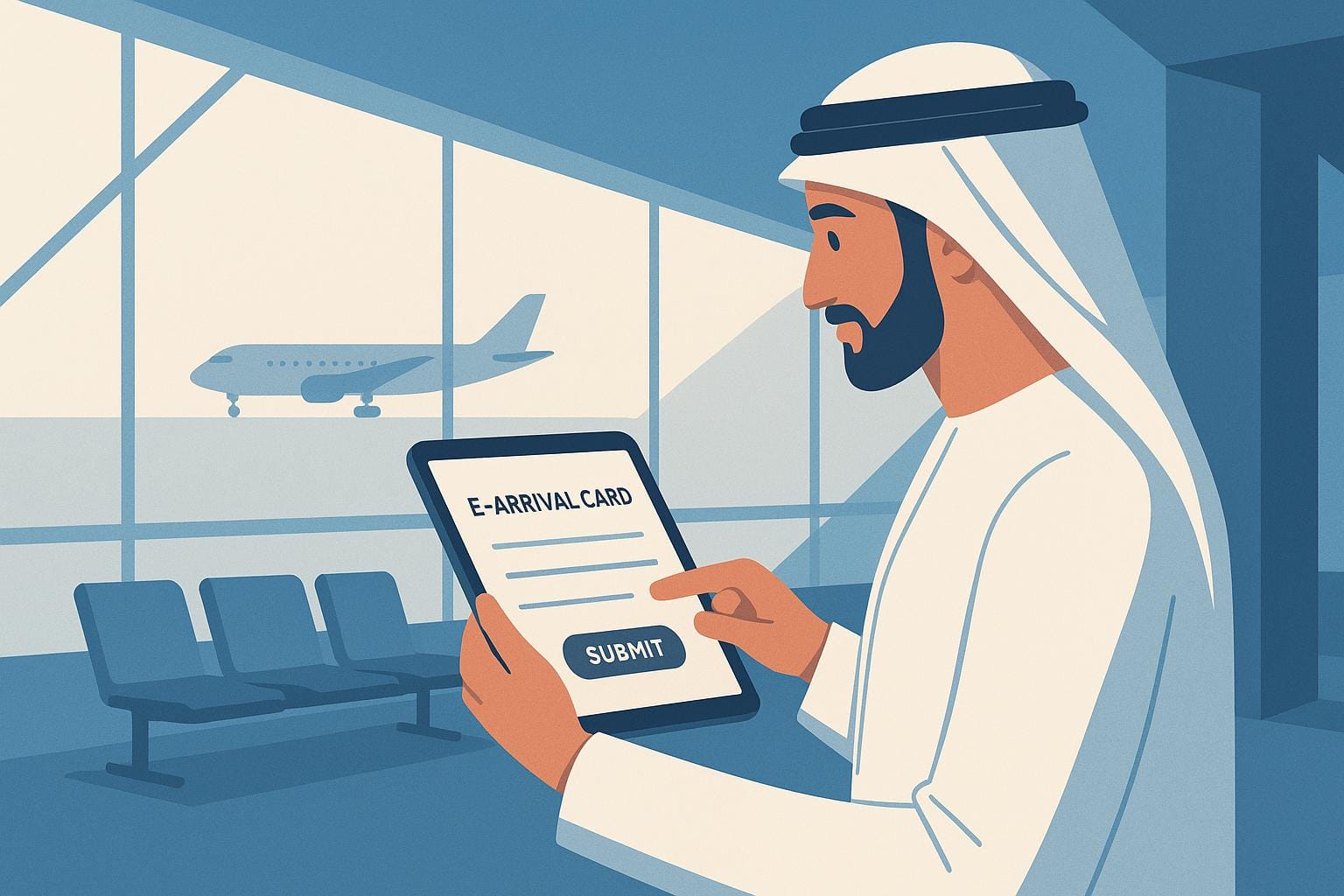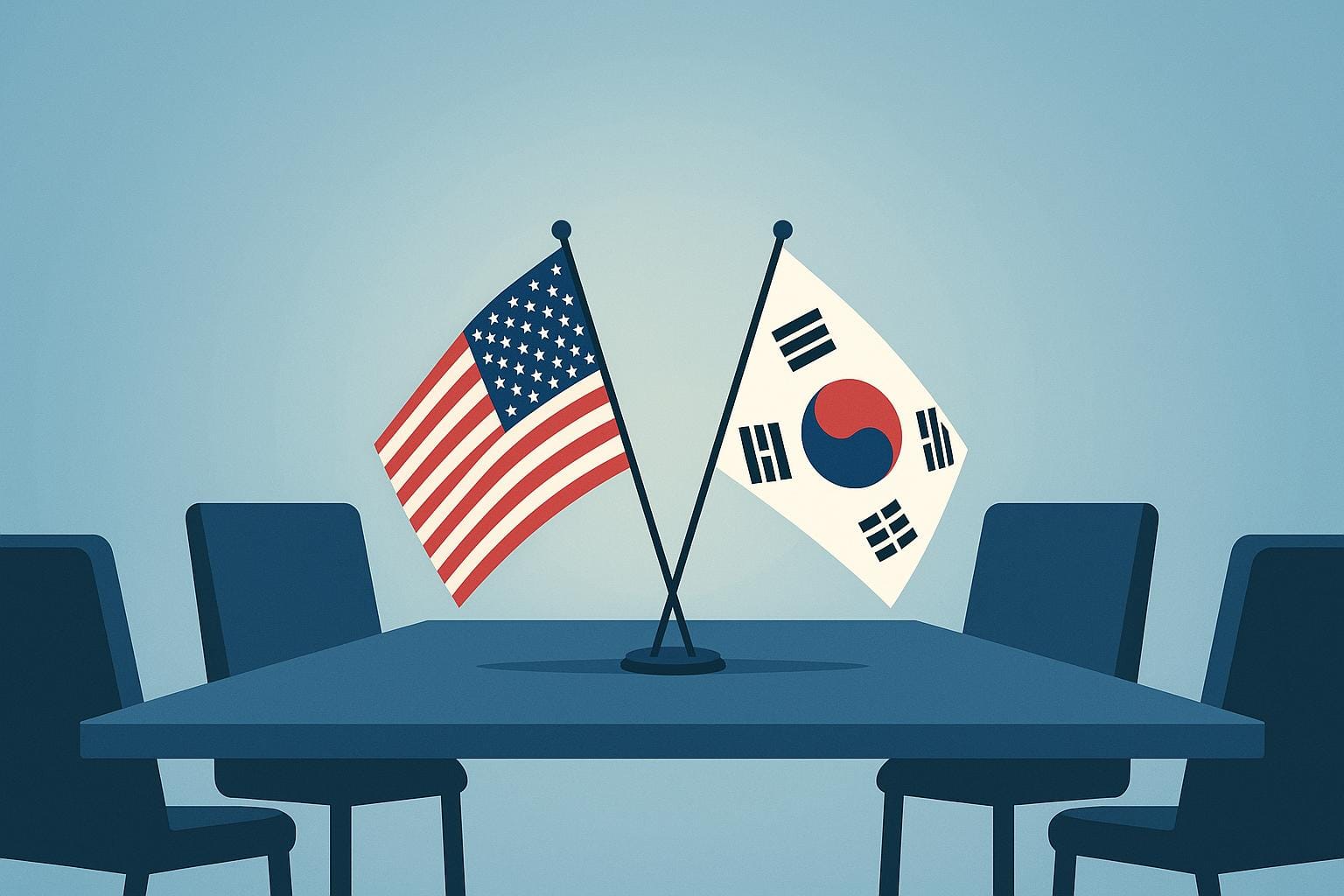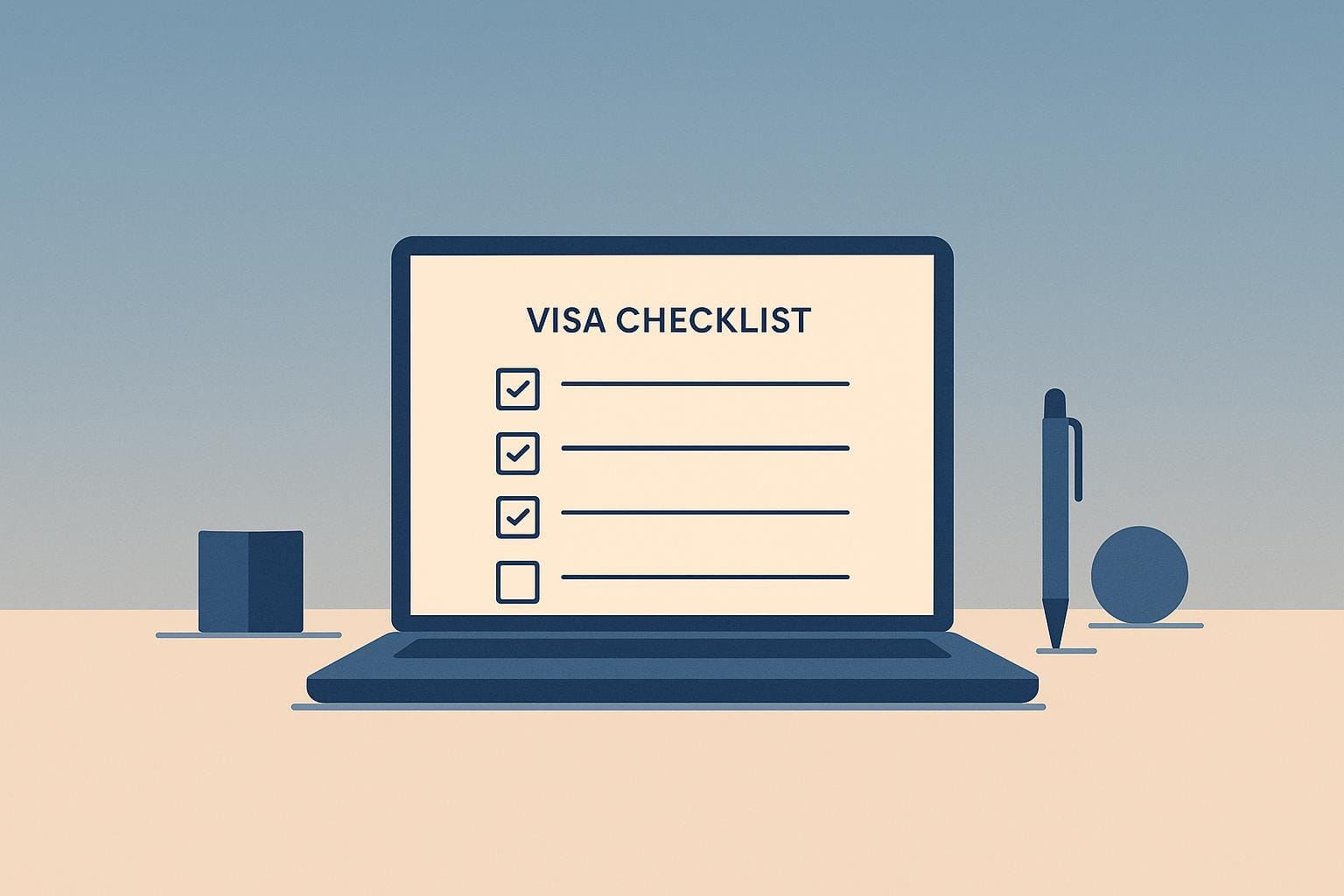Planning business travel? Here's what you need to know about visa processing times:
- US visas: Wait times vary widely. From 2 days in Hanoi to 444 days in Mumbai or New Delhi.
- UK visas: Standard processing takes about 3 weeks. Expedited options are available for an extra cost.
- EU (Schengen) visas: Processing ranges from 15 to 60 days, depending on complexity and country.
- Other countries:
- China: 4–7 working days (next-day service available).
- UAE: 3–5 working days (24–48 hour service available).
- Japan: 5–7 working days (3-day express service available).
Key factors causing delays:
- High application volumes during peak seasons.
- Incomplete or incorrect documents.
- Additional steps like identity verification or interviews.
Quick Tip: Always apply early (at least 8 weeks before travel) and consider fast-track services if available.
Quick Comparison Table
| Country/Region | Standard Processing Time | Fast-Track Option | Notes |
|---|---|---|---|
| USA | 3–6 weeks | Emergency interviews available | Wait times vary by location. |
| UK | 3 weeks | 5 days (£500), Next day (£1,000) | Delays during peak seasons. |
| EU (Schengen) | 15–60 days | Varies by country | Submit 3–4 weeks before travel. |
| China | 4–7 days | Next-day service | Varies by embassy. |
| UAE | 3–5 days | 24–48 hours | Free zones may differ. |
| Japan | 5–7 days | 3-day service | Extra checks for some industries. |
Actionable Advice:
Check official embassy websites regularly, prepare documents early, and use digital tools like VisaDoc to streamline the process.
What Affects Visa Processing Times
Several factors can influence how long it takes to process a business visa application. Knowing these details can help organisations plan their global mobility strategies more effectively. These factors also explain the variations you'll see in the country-specific breakdown later in this guide.
Where You Apply
The processing time can vary depending on whether you apply in-country or overseas. The embassy or visa application centre handling your case plays a big role in determining the timeline.
Document Quality
Issues with documents are a common cause of delays. Here's how specific problems can affect your application:
| Document Issue | Impact |
|---|---|
| Incorrect passport details | Application rejection |
| Poor-quality passport copies | Processing delays |
| Non-compliant photos | Requests for additional documents |
| Incomplete forms | Longer review periods |
Peak Times and Application Volume
High-demand periods can lead to longer processing times. For instance, UK family visas might take up to 24 weeks during busy seasons.
Extra Steps Required
The clock on processing doesn't start until these steps are completed:
- Identity verification
- Submission of all required documents
Fast-Track Options
Premium services can speed up the process. The UK offers two expedited options:
| Service Level | Processing Time | Cost |
|---|---|---|
| Priority Service | 5 working days | £500 |
| Super-Priority Service | Next working day* | £1,000 |
*Decisions are typically made by the end of the next working day or within two days if verification happens on weekends or bank holidays.
These services are especially useful for meeting tight deadlines, though they may not always be available during busy periods.
Processing Times by Country
Knowing the usual processing times for business visas in key destinations can help organisations better plan international assignments. Here's a look at the typical timelines for some major countries:
United Kingdom
For most UK business visas, the standard processing time is around 3 weeks. Faster processing options are available (check the Fast-Track Options).
United States
Processing times for US business visas, such as B1/B2 visas, generally range from 3 to 6 weeks after the interview. However, embassy workloads can sometimes stretch this to as long as three months. In urgent situations, emergency interviews may be possible.
European Union
Schengen business visas have specific timelines:
| Processing Type | Timeline |
|---|---|
| Standard Processing | At least 15 days |
| Extended Processing | Up to 30 days |
| Exceptional Cases | Up to 60 days |
For busy destinations like France and Germany, processing might take longer. Lithuania, on the other hand, has a rejection rate of about 1%. To avoid any unexpected delays, applicants should aim to submit their applications 3 to 4 weeks before their planned travel date.
Processing Times Quick Reference Table
Here's a summary of business visa processing times and key required documents for major destinations. Use this table to plan your business travel efficiently.
| Country/Region | Standard Processing | Fast‑Track Option | Key Documents | Notes |
|---|---|---|---|---|
| United Kingdom | 3 weeks | Priority: 5 working days | • Valid passport (6+ months validity) • Business invitation letter • 3 months' bank statements |
Processing may take longer during peak travel periods (Jul–Sep) |
| United States | 3–6 weeks | Emergency interviews for urgent cases | • DS‑160 form • Interview attendance • Company letter |
Processing starts only after the interview |
| France | 15 days | Premium: 2–3 working days | • Travel insurance • Proof of accommodation • Travel itinerary |
Biometrics submission required in person |
| Germany | 15 days | Express: 3–5 working days | • Proof of finances • Employment contract • Travel history |
First-time applicants may face extra processing steps |
| China | 4–7 working days | Next-day service available | • Invitation letter • Company registration • Detailed schedule |
Timelines vary depending on the specific embassy |
| Japan | 5–7 working days | 3‑day express service | • Guarantor document • Detailed travel itinerary |
Additional checks may apply for certain industries |
| Australia | 15–20 working days | Priority: 5 working days | • Health insurance • Police clearance |
Online application is highly recommended |
| UAE | 3–5 working days | 24–48 hour service | • Host company NOC • Passport copy • Photo with white background |
Free zones may have different requirements |
Additional Notes:
- Processing times are approximate and can change with application volumes.
- Public holidays and local events may cause delays.
- Translated documents can add 2–3 extra days.
- Incomplete applications will result in delays.
- Some nationalities may require extra security clearances.
These guidelines align with earlier discussions on ensuring high-quality submissions and making the most of fast-track services.
Tips for HR Teams
HR teams can enhance business mobility by focusing on well-organised strategies and using effective tools. Managing business visas efficiently requires a combination of planning and technology.
Using Digital Tools
Platforms like VisaDoc simplify the visa application process with features such as automated document checks and smart tracking. These tools enable HR teams to:
- Track application statuses across different countries
- Automatically create required supporting documents
- Receive instant updates on processing progress
- Store digital copies of frequently used documents
- Integrate seamlessly with HR management systems
Pairing these tools with timely applications can help minimise delays and keep processes smooth.
Early Application Tips
Planning ahead is crucial. Use this timeline to stay on track:
Document Preparation Timeline
| Timeline | Action Items | Benefits |
|---|---|---|
| 12 weeks before | Start gathering required documents | Allows time for translations |
| 8 weeks before | Submit visa applications | Accounts for possible delays |
| 4 weeks before | Schedule interviews (if needed) | Ensures timely availability |
| 2 weeks before | Verify document accuracy | Leaves room for corrections |
Additional preparation tips include:
- Keeping both physical and digital copies of essential documents accessible
- Assigning a dedicated contact for immigration-related matters
- Conducting practice sessions to prepare employees for visa interviews
- Maintaining updated templates for common documents, like business letters
Tracking Rule Changes
To stay updated on visa regulations:
- Subscribe to embassy newsletters and updates
- Create regular management reports on traveller risks
- Review visa requirements for key destinations every quarter
- Record policy changes in a centralised system
"Travel and global mobility managers who stand by their employees will not only contribute to a more positive experience but also make the process more efficient, preserving the company precious time and money." – Travisa
Contingency Planning
Delays due to "administrative processing" can range from a few days to over a year. Be prepared by creating backup plans, such as remote work arrangements, and ensuring access to legal support when necessary.
Conclusion
Our country-by-country guide shows just how much business visa processing times can vary. Processing can take as little as 2 days in Hanoi or stretch to over 400 days in some major Indian cities. This makes careful planning and timing essential for smooth international travel.
Digital tools like VisaDoc's AI-powered platform can simplify the process. By automating document checks and providing real-time updates, these tools help businesses manage visa applications more effectively.
Some practical strategies include choosing application centres with shorter wait times, using regional processing options, and adopting technology to avoid unnecessary delays. These steps can make navigating the complexities of visa applications much easier.
Visa processing times can change depending on demand and staffing levels. Keeping an eye on these trends across different locations can help businesses avoid delays and optimise their travel plans.
Always check official sources for the latest requirements and processing times before finalising travel arrangements. Combining strategic planning with digital solutions ensures HR teams can manage international travel efficiently.
"Travel and global mobility managers who stand by their employees will not only contribute to a more positive experience but also make the process more efficient, preserving the company precious time and money." – Travisa




